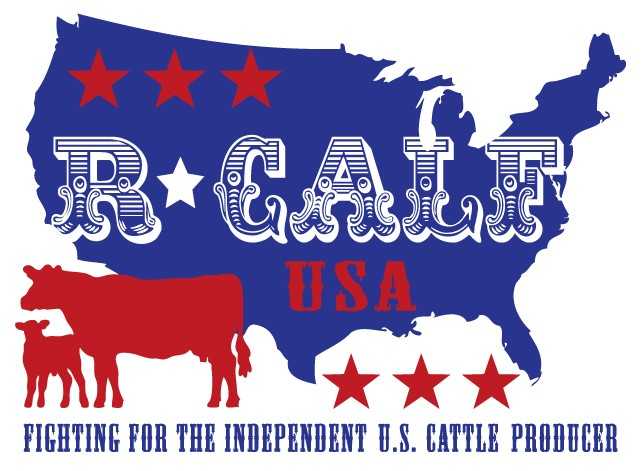![]()

Commentary by Bill Bullard, CEO, R-CALF USA
We know Donald Trump is the Republican presidential candidate. We think Kamala Harris is the Democrat candidate, but we won’t be sure until later in August. So, who’s influencing agricultural policies for the two major political parties?
Well, we can safely presume the Democrats are likely to follow through with what President Biden has already initiated. Some of those policies are very good, and some are very bad.
But we don’t know what agriculture policies the Republicans will pursue. But we’re trying to find out.
A document called “Project 2025,” written by the Heritage Foundation, purports to contain an agricultural plan for a Republican President. Some of it is good, and some of it is bad.
So, from the cattle industry’s perspective, let’s look at some of the good policies and bad policies contained in the Project 2025 proposal and then let’s figure out how we can assist in the formulation of good policies for both parties.
Here are some good policies in Project 2025:
- Calling for the removal of the U.S. from any association with the United Nations and other efforts to push global sustainable-development schemes on U.S. cattle producers.
- Calling for reforms of the U.S. Department of Agriculture’s (USDA’s) conservation easements, pointing out that they can be enforced for perpetuity, which binds all future generations to the easement’s conditions.
- Calling for legislation to allow state-inspected beef to be sold in interstate commerce.
- Calling for the elimination or reform of checkoff programs, like the beef checkoff program, stating they are an effective tax – “a means to compel speech – and government blessed cartels.” And calling them “tools for industry actors to work with government to force cooperation.”
Now here are some bad policies in Project 2025:
- Focusing on supporting food production efficiency, but not on competition, and not on supporting a widely disaggregated, family-scale food production system that is resistant to disease and climate shocks and better meets our food security goals.
- Calling for the repeal of the U.S. sugar program that remains viable through the use of tariffs and tariff-rate quotas, which are economic tools needed in both the cattle and sheep industries to level the playing field for domestic producers.
- Emphasizing support for and adoption of biotechnology in food production. Now lab-grown protein and plant-based protein are two biotechnologies that we don’t think the government should be supporting at all.
- Failing to include cattle and sheep grazing to reduce forest and range fire severity in its forest service wildfire management recommendations.
Now let’s look at some of the good cattle industry policies the Biden Administration is pursuing that would likely be carried forward should a Democrat be elected:
- A renewed effort to support family-scale farming and ranching operations following decades of losses of small to mid-sized operations.
- A renewed effort to enforce U.S. antitrust laws to stop if not undo all the concentration, consolidation, and vertical integration that continues to occur in our cattle and beef markets, and that will help put an end to anticompetitive practices like price fixing and market manipulation. We view this as absolutely necessary to restore competition to our U.S. cattle markets.
- There are several rulemakings underway to protect cattle farmers and ranchers from abusive market power by global beef packers known as the Packers and Stockyards Act rules. In addition to restoring competition, we view these rulemakings as absolutely essential if there is to be a future for independent cattle farmers and ranchers in the United States.
- There’s a new regulation that establishes that consumers will be informed that a “Product of USA” label means the animal was born, raised, slaughtered, and processed in the United States of America.
- There’s a policy to require the USDA to source beef for our children’s school lunches from beef produced from U.S. cattle.
And now for the bad policies of the Biden Administration we don’t want carried into the next Administration.
- Controlling cattle producers by forcing them to put electronic identification (EID) eartags in their cows is bad policy. The mandatory EID rule must be overturned.
- Importing fresh beef from Paraguay, a country not free of foot-and-mouth disease, is bad policy and the USDA’s rules to allow such imports must be overturned.
- The Corporate Transparency Act that imposes onerous reporting and disclosure requirements on small businesses, including ranchers, must be repealed.
- Efforts to create Natural Asset Companies (NACs), to force compliance with environmental, social, and governance (ESG) standards, and the current 30 by 30 initiative, must all be ended.
So, let’s embrace the good policies from both parties, and let’s put an end to both parties’ bad policies to help us educate candidates in both parties as to how to formulate a meaningful agriculture policy that is good for America.
